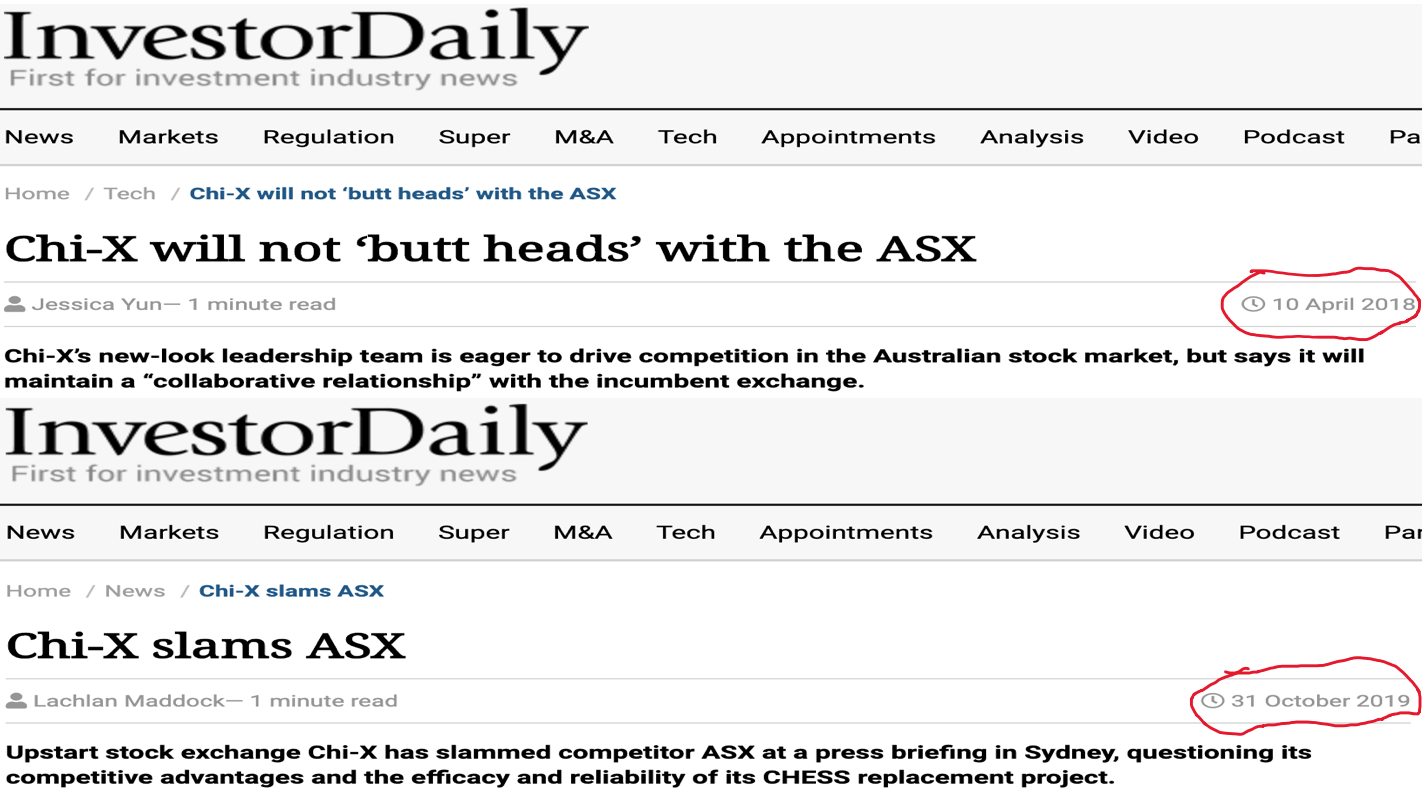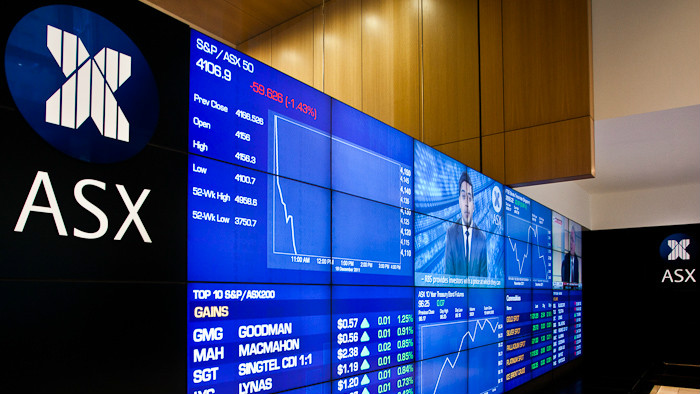Schroders, the UK-based 200-year-old asset manager, is listing an actively managed ETF in Australia that attempts to make positive returns in all markets.
The new ETF, called the Schroder Absolute Return Income/ETF (PAYS), will list on Chi-X– Australia’s challenger exchange. PAYS provides an ETF version of a wholesale fund that has existed since 2002.
PAYS can invest in a broad range of Aussie and international fixed income securities, of almost any credit quality, in attempt to beat the Reserve Bank of Australia’s main interest rate by 2.5%.
As Deutsche implodes, ASIC bans internal market making
The fund will gain access to international bonds mostly by buying into other Schroders funds – meaning PAYS is something like a fund-of-funds. When PAYS buys other Schroders funds, the fees of the underlying funds will be rebated, the PDS indicates.
At the time of writing, one-third of the PAYS’ assets were held in other Schroder’s funds.
The past five years, the wholesale fund has trailed its passively managed competitors (global aggregate bond index funds) by a significant margin.
PAYS is the second ETF Schroders has listed in Australia. The first was GROW, which was also trades on Chi-X.
Analysis – Chi-X will struggle to challenge the ASX
What’s most interesting about today’s listing is where it’s occurring – on Chi-X.
Australia is a lot like Hong Kong and London in that there is only one real exchange. This means when an ETF gets listed anywhere other than the ASX, it’s kind of interesting.
Chi-X, in particular, thinks that winning this new ETF business is a big deal. In October, when the company announced that new ETFs would arrive on its exchange, Chi-X bosses ran to the media and trumpeted their achievement, calling the ASX a “monopolist”.
Chi-X changes its tune

Source: Investor Daily
The group then went further, asking the Australian government to break up the ASX and force it to spin off its clearing house as a separate business. (Chi-X uses the ASX’s clearing and settlement system, meaning it depends on its competitor).
But as Chi-X surely knows, getting new ETFs listed on its exchange hardly constitutes a coup.
ETFs make up only a tiny fraction of the ASX's revenue. Looking through its 2019 annual report, ETFs get mentioned in only one sentence, which says that the group's ETF revenue increased $500,000 in the 2019 financial year. Meanwhile, the ASX's real money trees are its derivatives, OTC and trading services, which provide two-thirds of its revenue. While its data products and blockchain dabblings provide its growth narrative (and arguably its valuation).
For my own part, I'll be quite surprised if Chi-X takes much more equities and ETF trading market share from the ASX. (Chi-X's total market share has declined from 21% in October down to 17% in December.) But for the ASX to stay ahead it will have to keep a lid on its fees.
Correction: An earlier version of this article said Schroders' ETF GROW was listed on Chi-X.. This was incorrect. GROW is in fact listed on the ASX but trades on Chi-X (as well as the ASX).



